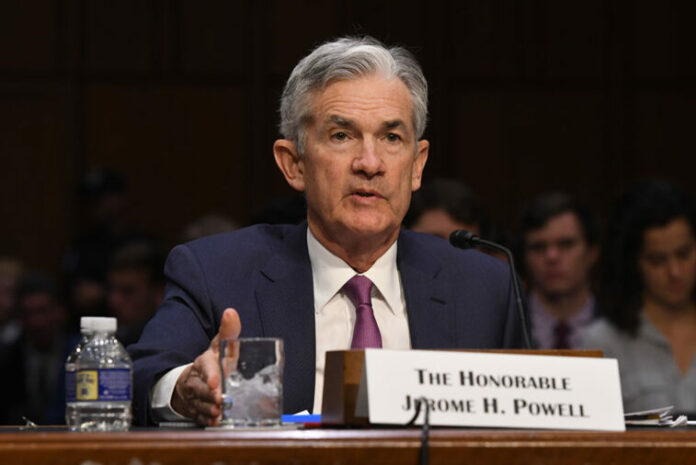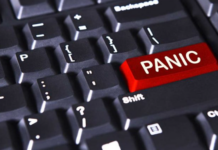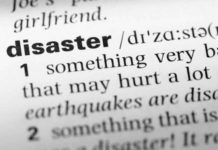The Fed is having to change its easy-money policies in order to combat fast rising inflation, which is wreaking havoc on every American’s wallet.
As a result, the Federal Reserve is indicating that the first rate raise in three years could happen in March. The Federal Reserve said in a statement released after its Wednesday meeting that with inflation being above 2 percent and a labor market that is performing well, they are expecting that soon it will be applicable for the federal funds rate to increase their target range.
In addition, the Fed indicated that it would reduce its bond-buying program to $30 billion in February, with the possibility of ending it altogether in March.
Part of the Fed’s dilemma is that the economy appears to be divided. On the one hand, unemployment is at a historically low 3.9 percent, yet inflation is at its highest level in years, at 7% as of December. So, although part of the economy, and half of the Fed’s twin mandates of low inflation and unemployment, is doing well, the other half is in the worst shape since the 1980s.
When Volcker was in control of the Fed under Carter and Reagan, it hiked rates dramatically, resulting to double-digit interest rates, which rocked the economy and caused unemployment while also breaking the back of inflation.
If inflation doesn’t go away as the supply chain crisis eases, such a strategy might work again, but it’s unclear whether Powell or the government have the courage to essentially force the economy into a recession to eliminate inflation, or if the cynical and already suffering American people would trust the government enough to let it go down that path.




